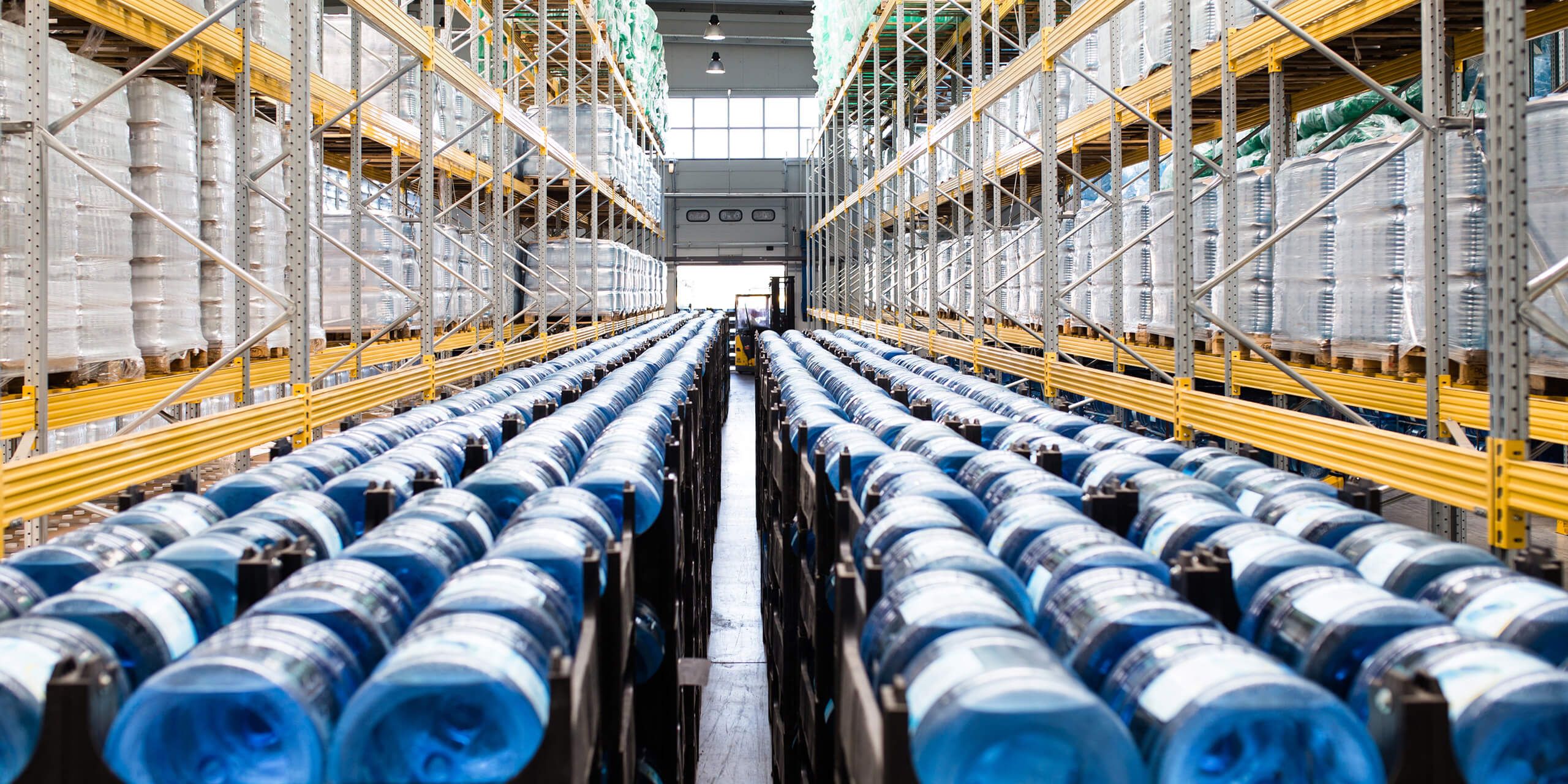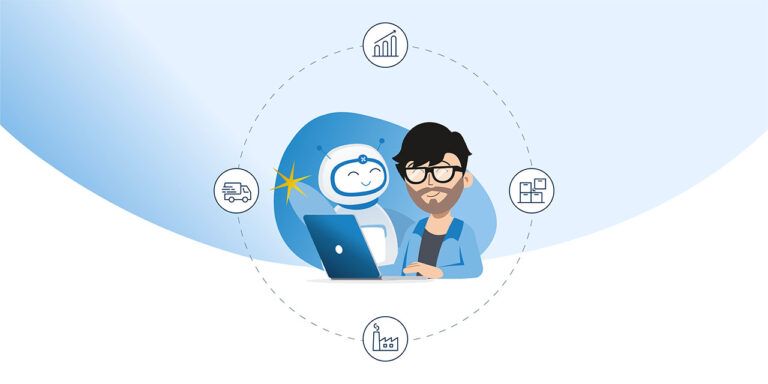The future of consumer goods supply chain planning: Key insights
Feb 23, 2024 • 4 min
Missed our exclusive event on the future of consumer goods supply chain planning? No worries, we can catch you up on some of the key insights from the presentation:
Current inflation and changing consumer behavior are putting consumer goods companies in a tough position
Rising costs and inflation are squeezing profit margins for consumer goods companies as consumers are shifting towards cheaper alternatives.
With rapidly evolving consumer behavior, forecasting and planning are becoming more intricate, emphasizing the need for a data-driven approach to supply chain management.
Companies must now optimize their supply chains by considering factors like production capacity, inventory management, and distribution. Businesses must also foster unified planning and decision-making across functions and geographies to navigate these challenges effectively.
The RELEX platform has the functional depth to solve the complex challenges of the consumer goods supply chain
RELEX offers end-to-end supply chain planning solutions for consumer goods companies, focusing on increasing efficiency and minimizing waste. The platform provides adaptive, autonomous, and synchronized planning to align businesses with evolving market conditions.
Here are the six steps with which the RELEX platform can help solve complex challenges in the consumer supply chain:
- Map the Entire Supply Chain: RELEX maps the entire supply chain from raw materials to inbound storage, production, outbound storage, and different demand points. This step involves defining every constraint along the supply chain, including lead times, capacity, and storage constraints.
- Define Business Rules: RELEX defines all business rules, such as customer priorities and stock-holding limits, that govern decision-making within the supply chain. This practice ensures that decisions align with business objectives and constraints.
- Define Variable Costs: RELEX identifies all variable costs that may change from one plan to another. This method includes considering short-term fixed costs versus longer-term variable costs and accounting for penalties associated with missing demand from different customers.
- Produce Accurate Demand Forecast: RELEX generates the most accurate and granular demand forecast possible, ensuring it drives the entire planning model. The forecast should account for variations in sales, price, and margin and prioritize demand based on its impact on margin and profit.
- Utilize Mathematical Modeling and Optimization: RELEX employs mathematical modeling and optimization techniques to develop the most profitable or lowest-cost feasible plan. This plan respects all system constraints and business rules, maximizing delivery service while minimizing costs.
- Balancing Supply and Demand: RELEX ensures that the supply chain is balanced with demand in the most optimal way, connecting key supply chain processes and delivering optimal purchase orders to suppliers, production orders to factories, and distribution orders to logistics.
The acquisition of Optimity allows RELEX to enhance production planning and optimization capabilities within a single platform
The recent acquisition of Optimity allows RELEX to connect downstream demand planning with upstream supply planning seamlessly. This collaboration enables consumer goods companies to predict consumer demand accurately, understand retail customer behavior, optimize production plans and schedules, adjust inventory levels, and respond swiftly to market changes.
By leveraging Optimity, RELEX can provide consumer goods companies with insights into consumer demand and retail decision-making, drawing from their vast network of expertise that covers over $1.5 trillion of retail revenue worldwide.
This acquisition marks an exciting chapter in RELEX’s journey, inviting consumer goods companies to explore the possibilities of its enhanced supply chain planning solution.
CPG companies are already leveraging the new RELEX capabilities and seeing success
Blount Fine Foods faced challenges with managing capacity across multiple production facilities and aligning sales and manufacturing plans due to volatile changes in the supply chain. They initially adopted a solution that only partially addressed their needs, prompting them to seek a better alternative.
Optimity stood out during the selection process because they listened to the specific requirements of Blount Fine Foods and demonstrated a willingness to cater to their unique needs rather than offering a generic solution. The platform’s ease of use and the team’s attention to detail further reinforced the decision.
Blount Fine Foods likens its journey with Optimity to training for a marathon, where preparation and guidance are essential for success. The key factors that led them to choose Optimity were:
- The platform’s flexibility.
- The team’s attention to detail.
- Their confidence in delivering solutions that meet the needs of Blount Fine Foods.
Looking ahead, Blount Fine Foods expresses excitement about the partnership with RELEX and the potential for further integration to improve their business operations and mutual growth.
RELEX software is playing a crucial role in enhancing businesses’ Integrated Business Planning (IBP)
Integrated Business Planning (IBP) is a strategic management process that aligns an organization’s business and financial plans. Effective IBP involves integrating various business functions, such as sales, operations, finance, and supply chain, to create a unified plan that supports the organization’s strategic objectives.
Joseph Fotia, a two-time RELEX customer and the current Head of Integrated Business Planning at Chobani Australia, highlighted the importance of IBP in optimizing business processes, particularly in supply chain management.
Fotia emphasized that at his last company, RELEX Solutions had standout features during their vendor evaluation, citing the user-friendly interface and suitability for their business size. The implementation involved reshaping supply chain processes and fostering a mindset shift within the planning team to effectively utilize the tool’s capabilities.
Post-implementation, RELEX helped increase productivity, enhance forward visibility, and streamline problem-solving. These results prompted Joseph to advocate for its adoption at his new company to bolster IBP capabilities and support growth ambitions.
Want to know more?
Discover how RELEX can equip your business with adaptive solutions to navigate evolving market conditions. Check out the full presentation for all the details of the RELEX platform, a quick demo, and more insights from our customers and subject matter experts. Or take the first step towards optimized efficiency and increased profitability today by reaching out for a demo.


